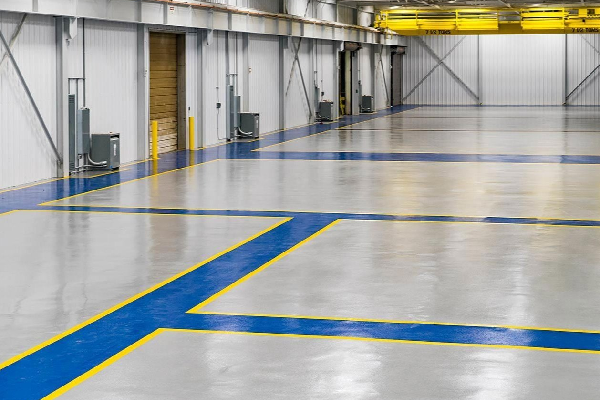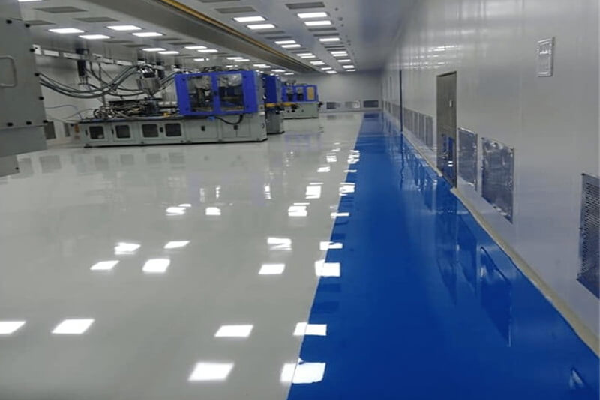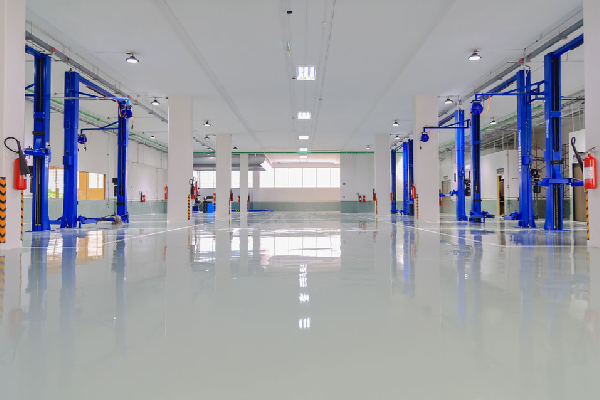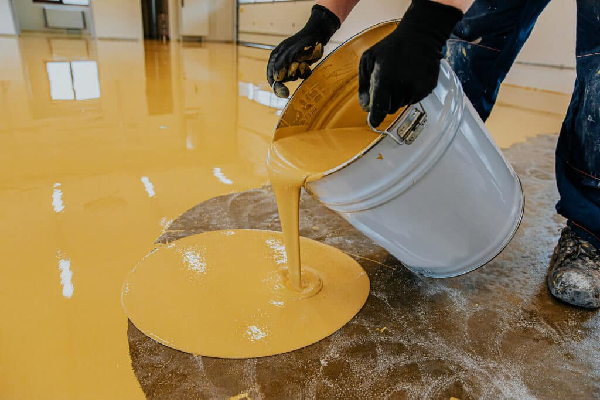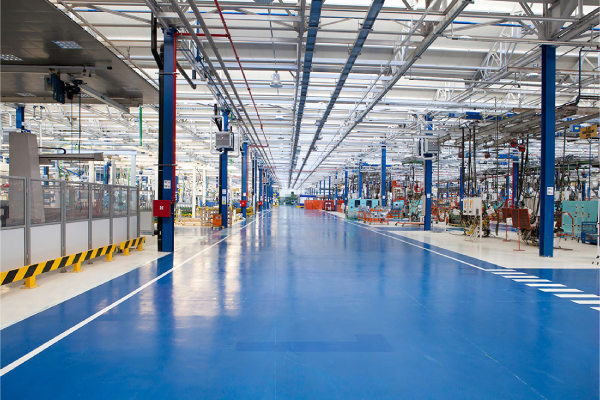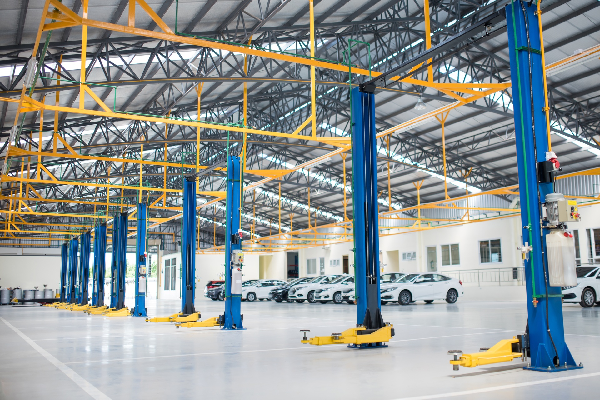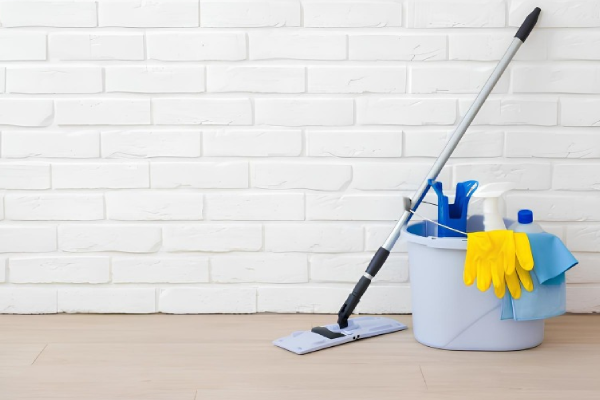Free Estimate

We offer End to end Grouting Services for your home
Quality Finish / Exceptional Service / Unbeatable Prices
Secrets That Add Charm to Your Home
Why Choose Us?

Quality Craftsmanship

Customized Solutions

Pre-Paint Demo

Eco-friendly Practices

Color Proof

Time Efficiency

Competitive Pricing

Customer Satisfaction

Comprehensive Services

Comprehensive Services
Gallery
Painting Services in Delhi-NCR


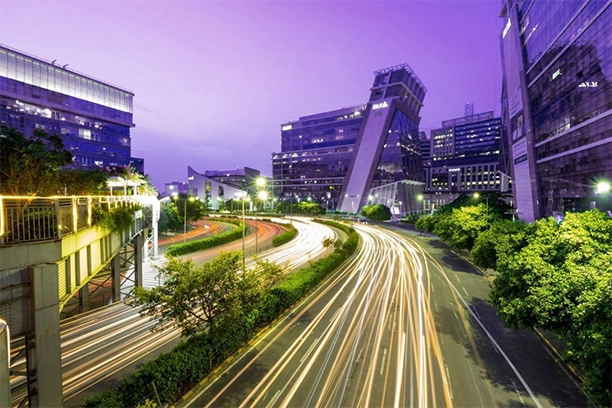
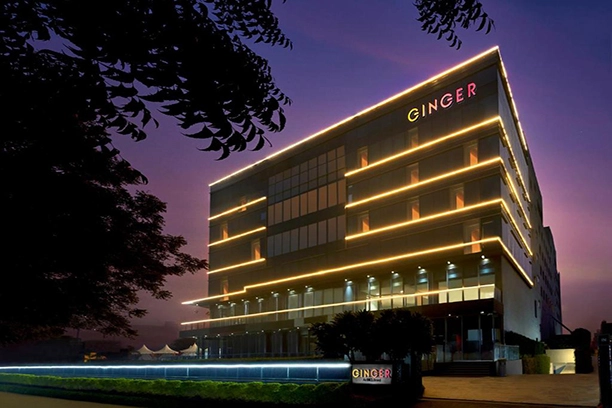
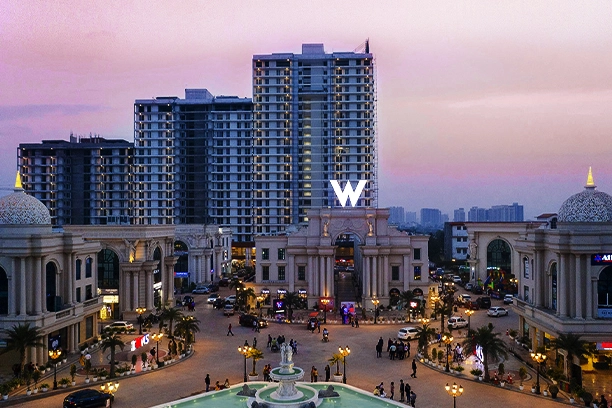
FAQ'S on Industrial Floor Coatings
Industrial floor coatings are specialized finishes applied to floors in industrial settings to enhance durability, safety, and ease of maintenance. They protect floors from heavy traffic, chemical spills, and other wear and tear.
These coatings can be epoxy, polyurethane, or acrylic-based, each offering different benefits such as chemical resistance, slip resistance, and ease of cleaning.
The lifespan of industrial floor coatings depends on the type of coating used, the level of traffic, and the maintenance practices. Generally, high-quality coatings can last anywhere from 5 to 20 years. Regular maintenance and proper care can extend their lifespan.
It's important to follow the manufacturer's recommendations for maintenance and reapplication to ensure the coatings continue to perform effectively.
Epoxy coatings offer several benefits, including high durability, resistance to chemicals, and ease of cleaning. They create a hard, protective surface that can withstand heavy traffic and harsh conditions, making them ideal for industrial environments.
Epoxy coatings also enhance safety by providing slip resistance and can improve the aesthetic appeal of industrial floors with a range of color options and finishes.
Applying industrial floor coatings involves several steps: surface preparation, mixing the coating materials, application, and curing. The surface must be cleaned and repaired before applying a primer, followed by the coating. Each layer should be applied evenly, and adequate curing time should be allowed for the best results.
Professional application ensures that all steps are done correctly and that the coating adheres properly for long-lasting durability.
Yes, industrial floor coatings can often be applied over existing floors, provided that the surface is in good condition and properly prepared. The existing floor must be clean, free of contaminants, and any repairs must be made before applying the new coating.
It's crucial to consult with a professional to assess the condition of the existing floor and determine the best approach for application.
Polyurethane coatings offer superior flexibility and resistance to abrasion, making them ideal for high-traffic areas. They provide a glossy finish and are often used in environments where chemical exposure is a concern.
Epoxy coatings are known for their durability and chemical resistance. They create a hard, protective surface and are commonly used in industrial settings. The choice between polyurethane and epoxy depends on the specific requirements of the floor and the environmental conditions.
Maintaining industrial floor coatings involves regular cleaning to remove dirt and debris, inspecting for damage, and addressing any issues promptly. Use appropriate cleaning agents and methods recommended by the coating manufacturer to avoid damaging the surface.
Periodic inspections and touch-ups can help extend the life of the coating and ensure it continues to provide effective protection.
Some industrial floor coatings contain volatile organic compounds (VOCs) that can contribute to air pollution and have health impacts. It is important to select low-VOC or VOC-free coatings to minimize environmental and health concerns.
Proper ventilation during and after application can also help reduce the impact of VOCs and ensure a safer working environment.
Yes, industrial floor coatings can be customized in terms of color, texture, and finish. Many manufacturers offer a range of options to meet specific aesthetic and functional requirements. Customization can enhance the appearance of the floor while maintaining its durability and performance.
Consult with a coating specialist to explore available options and choose the best customization for your needs.
If the coating starts to peel or bubble, it may be due to improper surface preparation, moisture issues, or application problems. Addressing the root cause is essential before applying a repair coat. Remove the damaged areas, prepare the surface, and reapply the coating as needed.
Consult a professional to assess the situation and recommend the best course of action for repair and prevention of future issues.
What Customer Say's About Us
Not yet convinced? Want to know more about us or gain knowledge about Industrial Floor Coatings ? Let's dig deeper to get the best! Stay tuned with us!
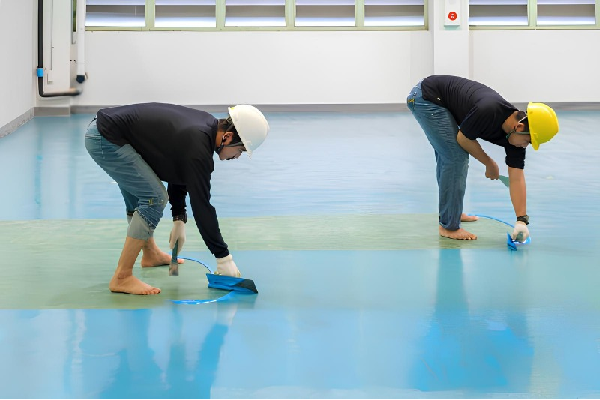
Conquer Floors with Coatings
Epoxy Coatings
Polyurethane Coatings
MMA Coatings
Acrylic Coatings
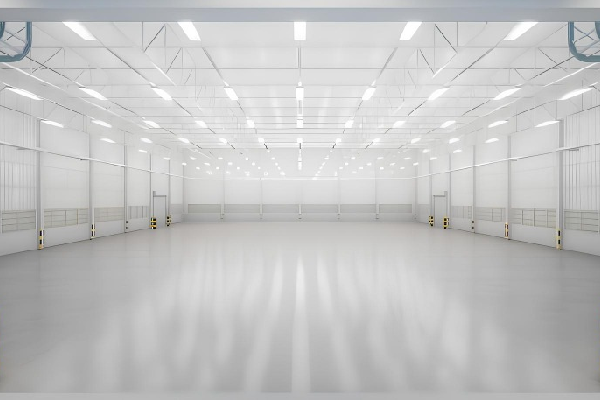
Epoxy Coatings that Last
Durability
Chemical Resistance
Abrasion Resistance
Impact Resistance
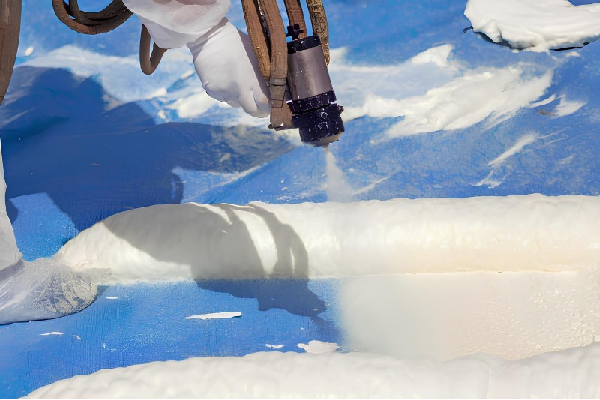
Sustain with Polyurethane
Flexibility
Abrasion Resistance
Glossy Finish
Durability
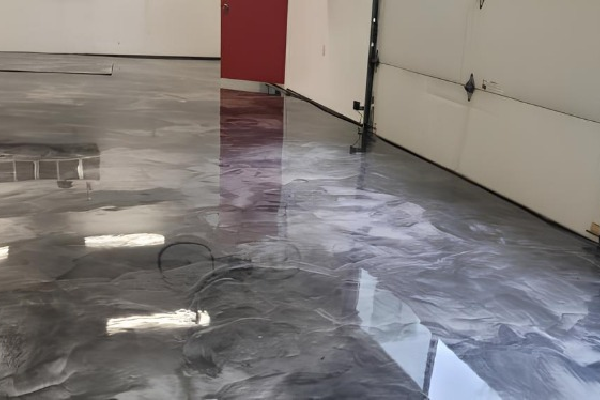
A Vote to MMA Coat
Fast Curing
Chemical Resistance
Abrasion Resistance
Durability
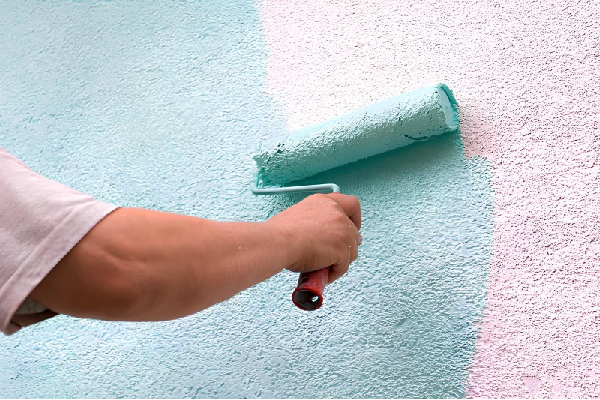
Coat with Acrylic
UV Resistance
Quick Drying
Interior and Exterior Use
Ease of Maintenance
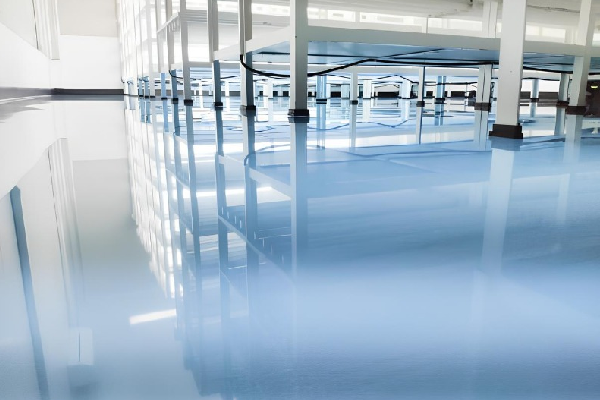
Healthy Dose of Other Coatings
Urethane Cement Coatings
Anti-Static Coatings
Moisture Vapor Barriers
Decorative Coatings


